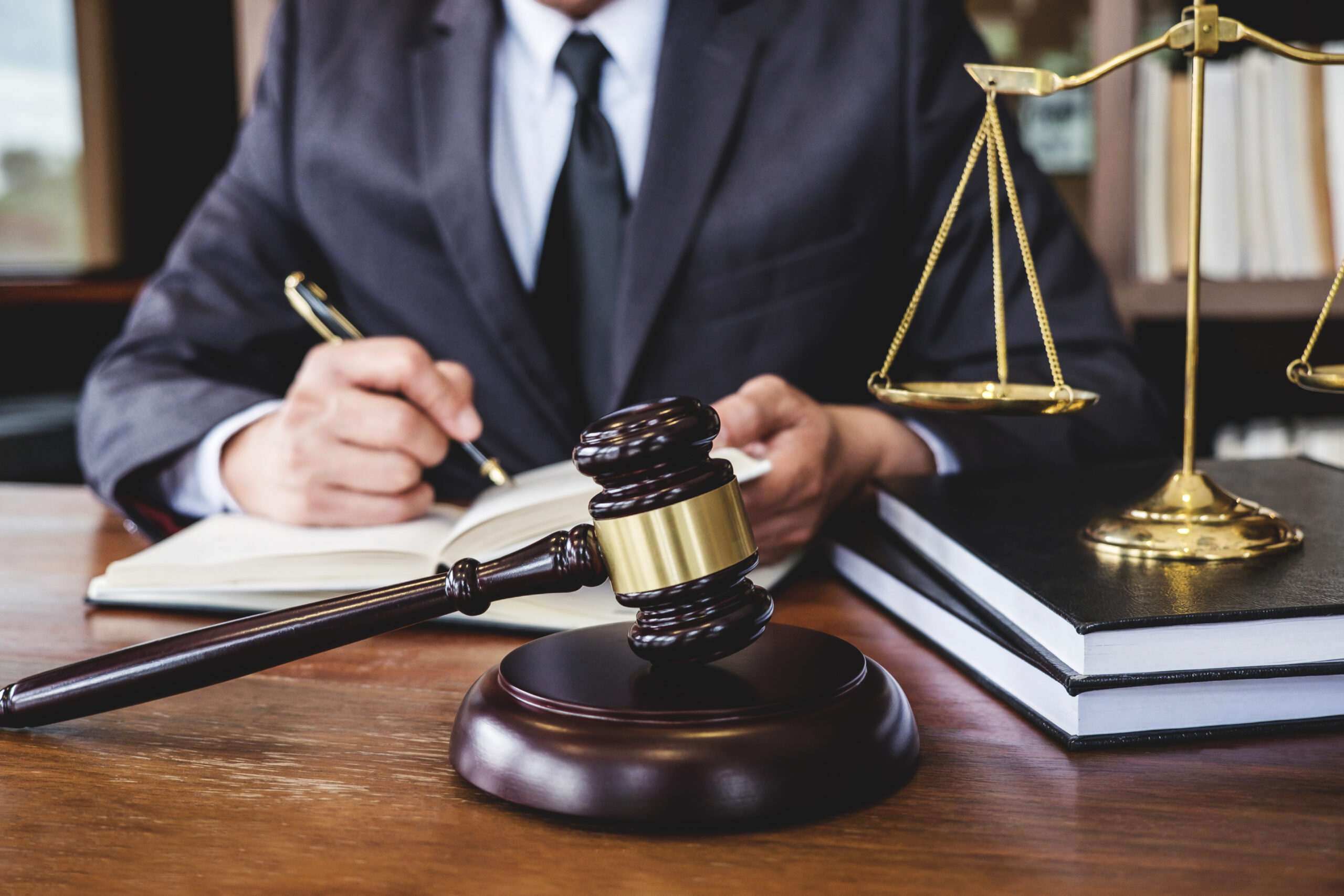Criminal lawyers play a pivotal role in the justice system, defending individuals accused of crimes and ensuring that their rights are upheld throughout the legal process. These legal professionals navigate the complexities of criminal law, representing clients in various cases ranging from misdemeanors to serious felonies. With a deep understanding of both the legal framework and the nuances of human behavior, criminal lawyers advocate for justice while striving to achieve the possible outcomes for their clients.
In an ever-evolving legal landscape, the importance of skilled criminal representation cannot be overstated. Whether through negotiating plea deals, providing strategic courtroom defenses, or advocating for fair treatment, criminal lawyers are essential in safeguarding the rights of the accused. This article delves into the key responsibilities, challenges, and ethical considerations that shape the practice of criminal law, shedding light on the invaluable contributions these attorneys make to the legal system and society as a whole.
Key Responsibilities of Criminal Lawyers
Criminal lawyers are tasked with various responsibilities that center around defending their clients against accusations while ensuring adherence to legal protocols. They conduct thorough investigations, gather evidence, and collaborate with proficient to build robust defense strategies. In addition to court representation, they also provide legal counsel during plea negotiations or pre-trial motions. For specific cases, such as those involving domestic violence, clients may benefit significantly from the proficient guidance offered by Lawyers for Domestic Violence, who understand the sensitive nature of these allegations and can navigate the complexities involved.
Challenges in Criminal Defense
Navigating the criminal justice system presents a myriad of challenges for defense attorneys. The pressure to secure favorable outcomes can be intense, especially in cases involving serious felonies that may carry significant penalties. Additionally, criminal lawyers must remain vigilant against public perception and media scrutiny, which can impact both their clients’ cases and their professional reputations. Ethical dilemmas often arise as well, such as balancing zealous defense with moral considerations, particularly in cases where the evidence appears overwhelmingly against the accused. Such complexities highlight the critical role that criminal lawyers play in upholding justice and maintaining the integrity of the legal system.
In conclusion, criminal lawyers are indispensable advocates within the legal system, dedicated to ensuring that every individual, regardless of the seriousness of their charges, receives a fair trial and competent representation. Their work involves not only defending clients in court but also engaging in a broader fight for justice, often navigating a landscape fraught with ethical ambiguities, public pressure, and the weight of human lives. By employing their guidance to meticulously analyze evidence, develop strategic defenses, and negotiate on behalf of their clients, these attorneys are vital in promoting the fundamental rights embedded in our legal system. Ultimately, their commitment to upholding justice extends beyond individual cases; it reinforces the principles of fairness and accountability essential to the rule of law and the welfare of society as a whole.




